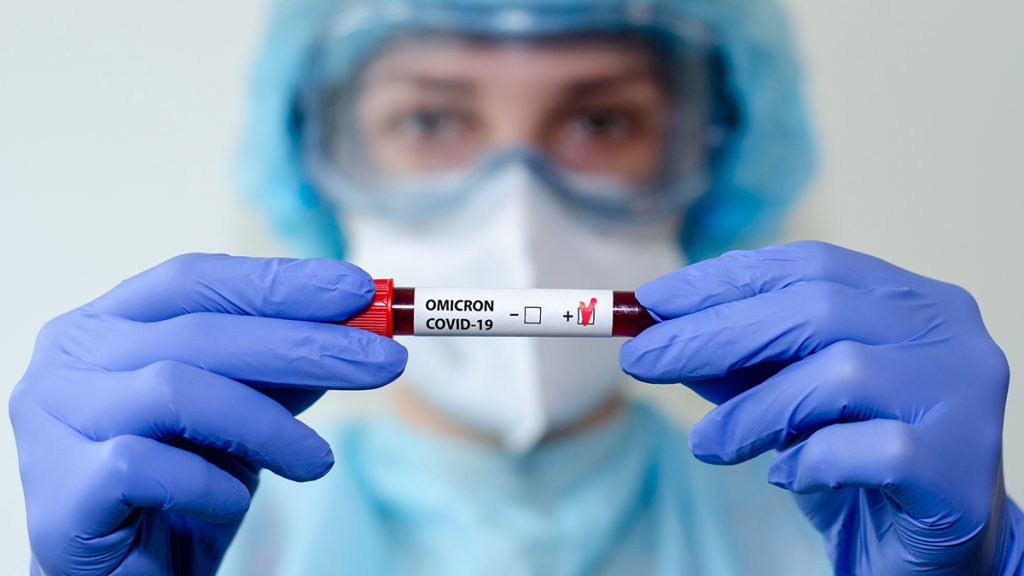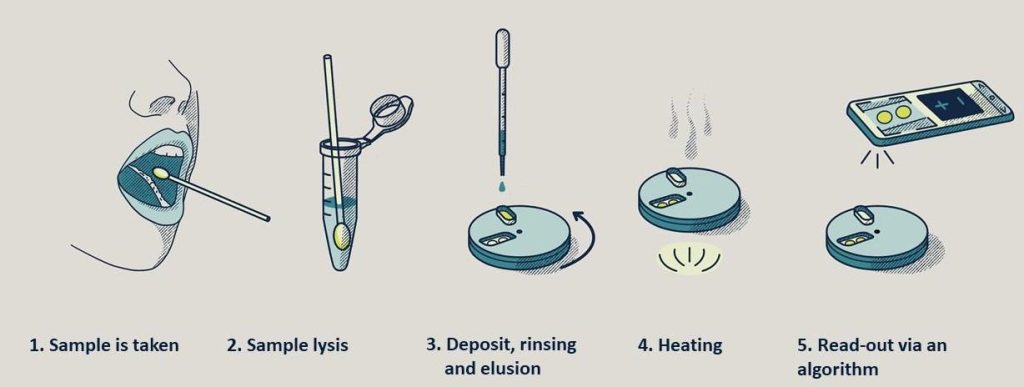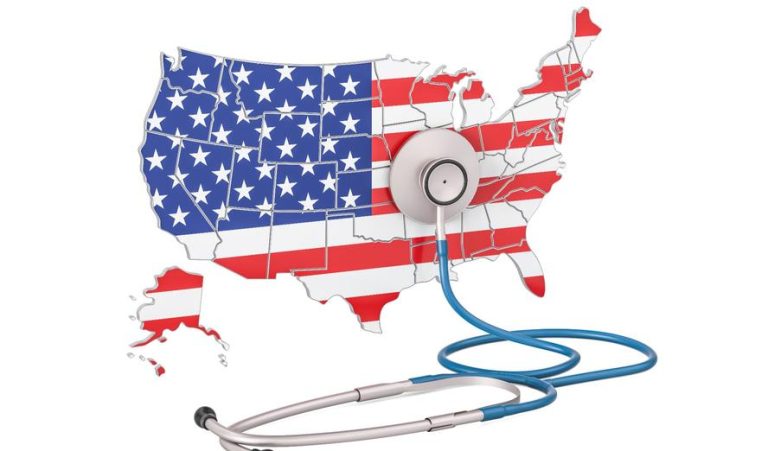
Between mid-2020 and 2021, daily COVID-19 infection and death counts dominated the news, often appearing as persistent sidebars on websites and TV broadcasts. These constant updates contributed to widespread fear and confusion, leaving many people unsure about the actual state of the pandemic. For most, it became difficult to separate accurate information from exaggerated reporting.
The Role of PCR Testing
Extensive PCR testing was promoted by governments, international organizations, and non-profits, funded largely by taxpayers. PCR tests detect viral genetic material in both symptomatic and asymptomatic individuals and quickly became the primary metric for reporting COVID-19 infections worldwide. Governments and media treated PCR-positive counts as definitive proof of infection, often without explaining the method’s limitations.
Kary Mullis, the Nobel Prize-winning inventor of PCR, had repeatedly warned that PCR “can detect almost anything in anyone.” Despite this, his cautions were largely ignored or misinterpreted, creating widespread misconceptions that a positive PCR result always indicated an active infection.
German Study Findings

A peer-reviewed study published in Frontiers in Epidemiology analyzed PCR and IgG antibody testing in Germany from March 2020 to summer 2021. Researchers found that only about 10–14% of PCR-positive individuals actually developed antibodies, suggesting true infection. Additionally, roughly 25% of the German population already had natural antibodies by early 2021.
The study also criticized the widely reported “7-day incidence” based on PCR tests, noting that this metric depends entirely on testing volume rather than actual infection rates. Despite its scientific limitations, it influenced government policies and restrictions, creating a misleading picture of the pandemic.
Consequences and Importance
Lockdowns justified by PCR data disproportionately affected small businesses and working-class communities, while large corporations saw record profits. Millions lost jobs, entire industries became dependent on mega-corporations, and media outlets amplified fear, presenting PCR numbers as absolute truth.
This study highlights the importance of PCR test accuracy COVID-19 and transparent, evidence-based public health policies. Misinterpreted data can create unnecessary panic, worsen economic inequality, and erode public trust. Ensuring accurate testing and clear communication is essential for both controlling disease outbreaks and maintaining public confidence.


